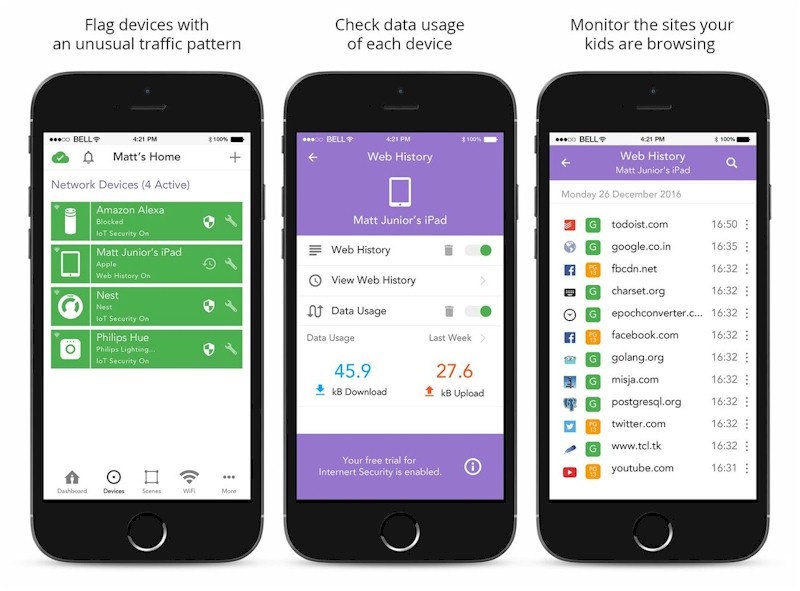
Read on SmallNetBuilder

hopefully the IoT gets significantly more secure sooner rather than later.
I have a feeling IoT will never be truly secure. One big reason is, a lot of IoT devices are low-cost, low investment products. Security requires extensive R&D, and a way to easily, and promptly upgrade devices when new security issues are found.
So while the large manufacturers will get IoT done right in the end, those 20-50$ connected gadgets will never be trustworthy.
Also, can you imagine the home of the future, where you have about 30-40 different devices connected to the Internet, and someone discovers a flaw in something as pervasive as, say, openssl or busybox? 30-40 devices in need of updating ASAP. The vast majority of users will say "screw that"... Heartbleed should have been the warning bells there. Yet, still plenty of unpatched devices and servers out there.
Imagine spending a night or two downloading and flashing 40 separate devices... And no, automatic updates is not the solution IMHO. Even large corporations like Microsoft regularly screws with an update (I'd say 1-2 broken updates get pushed per year by them these days), so imagine a resource-limited outfit being responsible for pushing an emergency security update. I'd pass.
So IMHO, there will be a serious need for advanced monitoring and analysis services in the future. Just like your home's security alarm, but for your Internet-connected devices. And with machine learning/AI getting really great these days (we are now able to teach a computer how to drive simply by having it watch a human doing so), this is the way of the future in terms of security.
Monitoring is a good step forward - the other would be to build/enable a sandboxed hub that all these things can associate into, and that hub can do some policy and management control for that sandbox...
Has anyone looked at Bitdefender?
to tell the truth I don't think there is anything available rt now that is worth buying, let alone taking the risk associated.
thx for info guys.
It's always a matter of having the right technology for the right task. Quite often, we (technological junkies) like to have tech gadgets only for the tech, not for the actual need.
My concern is more the non-techies - most of us know how to wrangle devices/services...

Welcome To SNBForums
SNBForums is a community for anyone who wants to learn about or discuss the latest in wireless routers, network storage and the ins and outs of building and maintaining a small network.
If you'd like to post a question, simply register and have at it!
While you're at it, please check out SmallNetBuilder for product reviews and our famous Router Charts, Ranker and plenty more!
